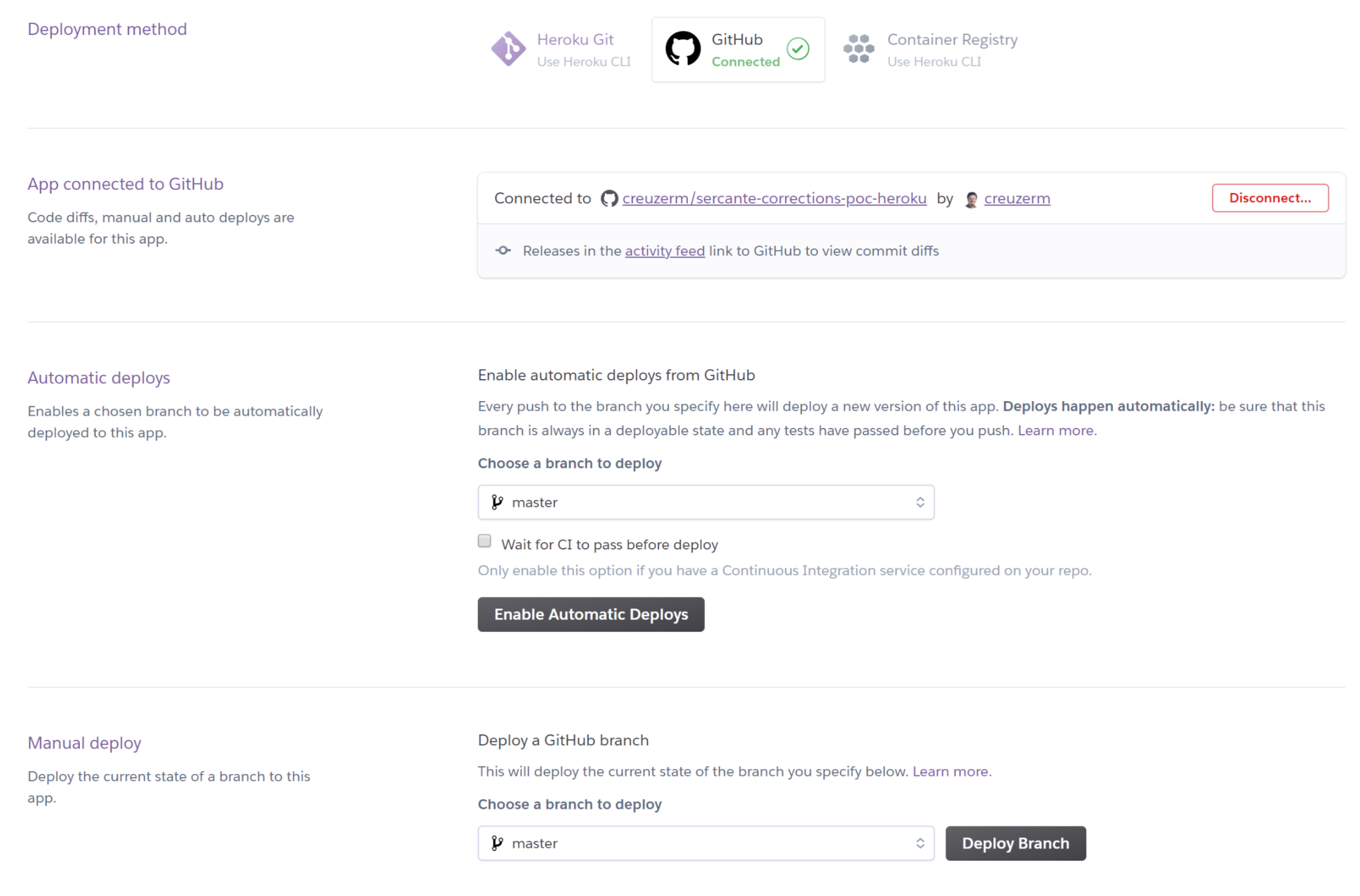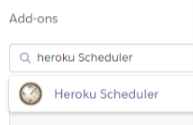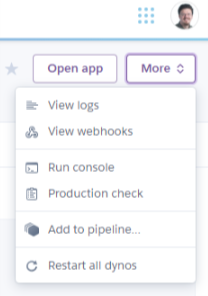This project will update the Pardot Country & State values from 2 letter abbreviations to full names. You can now turn on Pardot GeoIP and SFDC Country Picklists and not have all your prospects stuck in the Error Que. Pardot Prospects get the State or Country values updated every 10 minutes if needed.
It is designed to run on Heroku. A 'hobby' level Heroku account is enough to support this code.
This is based on the Pardot API sample code http://developer.pardot.com/#sample-code and the Heroku "Getting Started on Heroku with PHP" https://devcenter.heroku.com/articles/getting-started-with-php guide.
Following the tenants of https://12factor.net/ the logins are stored in Heroku as Config Vars in the settings tab. They can also be used locally by setting them as ENV vars.
- pardotLogin
- pardotPassword
- pardotUserKey
Reminder, the Pardot API user needs to be set to USA EAST COAST timezone - the same as the Pardot offices as there is a bug in the date/time calculations on the API. It is recomended to create a new 'Marketing' user just for this tool so it's easy to identify when this tool has made changes to the data.
In Heroku resources, add the "Heroku Scheduler" add on and add a new job for every 10 minutes "php workers/CountryStateFixer.php".
You can monitor the activity of the script by looking at the logs under the 'More' drop down in the top right.
Configuration is managed by ENVinronment variables. Minimun required configuration is authentication. All other options 'turn on' features of this script.
The following three items are required for Authentication
- pardotLogin
- pardotPassword
- pardotUserKey
We can process either a specific list, or prospects that have had activity or data changes in a given period of time. The tool assumes it's being ran every 10 minutes and will look back 21 minutes to have two chances and applying corrections. Set one of the folling ENV variables to change this behaviour
- pardotListID
Country correction is enabled by declaring the source file for the corrections. This is a .csv file in bad value, good value pairs which is intrepreted in a case insensitive way.
- countrycorrections=countries_ISOtoEnglish.csv The code assumes that if the record is synced to the CRM, changing the Country will have no effect as the CRM will overwrite the value. You can force the correction to occur even if the Country field Sync Behaviour is set to be "Use Pardot's Value" or "Use the most recently updated value".
- forcecountrycorrections=true
countries_ISOtoEnglish.csv 2 and 3 letter ISO codes mapped to English full names.
State correction is enabled by declaring the source file for the corrections. This is a .csv file in bad value, good value pairs which is intrepreted in a case insensitive way.
- statecorrections=states_ISOtoEnglish.csv The code assumes that if the record is synced to the CRM, changing the State will have no effect as the CRM will overwrite the value. You can force the correction to occur even if the State field Sync Behaviour is set to be "Use Pardot's Value" or "Use the most recently updated value".
- forcestatecorrections=true
states_ISOtoEnglish.csv 2 and 3 letter ISO codes mapped to English full names.
This code is configured for running in a Heroku environment. Other hosting would work fine, including from a local machine or even a raspberryPi.
From a Heroku account, create a new app.

Name the app, and select the location you wish to have it exist, America or Europe (for GDPR Export concerns)

Add a Deployment Method of Github. Connect to the Repository. Your connection user will need to be a member of the repo.

You can choose to Enable Automatic Deploys or not. (security suggests NOT to enable automatic deploys)
Click on Deploy Branch
Configure the app by going to the Settings tab on your Heroku App and click on Reveal Config Vars
Add the configuration varaibles such as the login details and your selected correction files.

We want to set this code up to run every ten minutes. To do that, we need to schedule the code. This means we need to install a scheduler and set up the code to run in it.
Add the "Heroku Scheduler" add-on and click Provision.



Open the Heroku Scheduler in a new window. Click Add New Job.

Add "php workers/CountryStateFixer.php" to the entry box, and change frequency to "Every 10 minutes".

The Heroku Logs are available under the More dropdown in the upper right. This will log various Heroku specific lines that aren't of interest for us, but it will also log an ongoing state of what the app is doing.

Also available is the 'console' which you can open and use to manually run the code. Type 'bash' (a linux shell) and click run. Next change directories to the workers directory "cd workers/". And then run the code with php "php CountryStateFixer.php"

